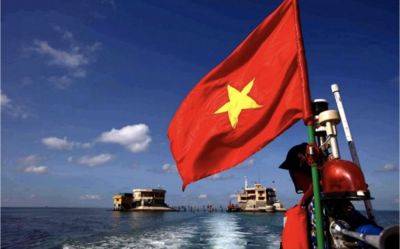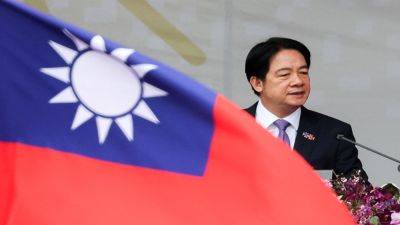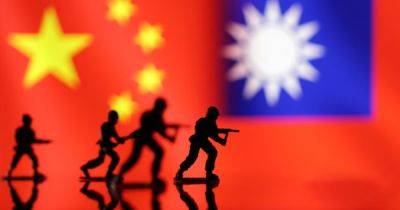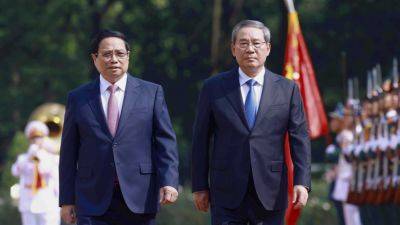How best to avoid the coming China shock: alone or together?
This is the second of two parts. Read part one, ‘US needs a solution to China’s problem.’
China, the world’s manufacturing superpower, is piling on still more manufacturing capacity. Other countries fear being stripped of their manufacturing base in what some pundits are calling the second China shock.
To avoid over-reliance on China in manufacturing, should the US work with like-minded countries or go it alone? I promised in my last post to tackle that question in this one. Here are two quotations that help frame the debate.
The first is from Aaron Friedberg, a Princeton University professor and international relations expert, writing in the journal Foreign Affairs: “No country alone can forestall or contain the impending second China shock.” In other words, we have no choice but to work with other countries.
The second is from Lord Palmerston, a 19th century British statesman: “Nations have no permanent friends, only permanent interests.” In other words, countries cooperating in countering China today could switch sides tomorrow.
Approaching the debate from another angle, consider in the abstract two possible ways of avoiding over-reliance on another country. One is to manufacture products domestically – self-sufficiency. The other is for several countries to manufacture them – maybe your country among them, maybe not; either way, the diversity of suppliers protects you.
China’s soybean sourcing is an example of this second way. China has a lot of animals to feed but produces less than 20% of the soybeans it needs. The country used to source most of its beans from the US. Now, fearing over-reliance on us, China increasingly imports from Brazil and to a lesser extent Argentina.
China is even encouraging its







